8 Diet Types And Their Health Benefits
What is your diet? What type of foods do you like most and what benefits do you get from those foods? Do you take the right diet?
These are some of the questions that are difficult to answer because the diet of a person depends on his needs. For example, if you want to lose weight, you will need a diet that can aid in your weight loss efforts.
The biggest problem with a diet is to make a routine. You need to adhere to a diet you want to follow. Luckily there are several diet options for health-conscious folks. Registered dieticians across the globe are working hard to create dietary patterns to suit different needs.
Here’re 8 popular diets to choose from. Each diet fulfills a specific need but you need to adhere to it. Go through the diets and their health benefits before making an opinion on a specific diet type.
- Mediterranean Diet
In 1960, it was found that the Mediterranean region especially Italy and Greece were healthier than others. Also, their life expectancy was the highest in the world. And the credit for their good health was given to their diet called Mediterranean Diet.


Diet: Vegetables, fruits, nuts, seeds, legumes, potatoes, whole grains, herbs, seafood, spices, and extra virgin olive oil.
Red meat is rarely included but no sugar-sweetened beverages, high processed food, refined grains, or refined oils are added. Also, the food is consumed in moderation.
Health Benefits:
• Removing processed foods reduces the risk of heart ailments and strokes
• Nutrients gained will keep you agile even at an advanced age
• Overall improvement in cholesterol, blood sugar, and blood vessels reduces the risk of Alzheimer’s disease
• It reduces oxidative stress and associated risks like Parkinson’s disease
• A fiber-rich diet prevents the development of type 2 diabetes
- Flexitarian Diet
In 2009, the registered dietitian Dawn Jackson Blatner coined the word Flexitarian Diet with her book “The Flexitarian Diet: The Mostly Vegetarian Way to Lose Weight, Be Healthier, Prevent Disease and Add Years to Your Life.”
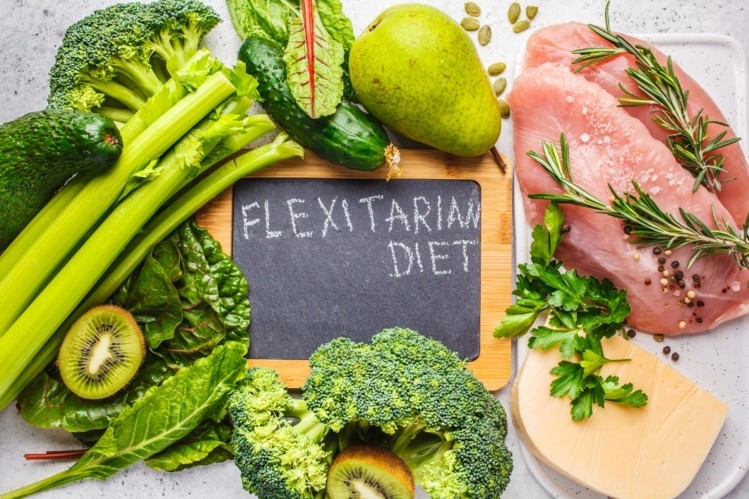

Flexitarian Diet is a combination of flexible and vegetarian. But, says Blatner, you can be vegetarian most of the time instead of removing meat completely from your food.
Diet: Focus more on fruits, vegetables, legumes, and whole grains, and go slow on non-vegetarian items. Reduce processed food and limit intake of added sugar and sweets.
Health Benefits:
• Weight loss
• Decreased risk of heart disease and type 2 diabetes
• Helpful in diabetes management
• Prevent cancer
- Plant-Based Diet
A plant-Based Diet is the best diet for controlling both type 1 and type 2 diabetes. Moms-to-be suffering from gestational diabetes should switch to a Plant-Based Diet to control their blood sugar levels. This diet can even reverse the gestational and prediabetes symptoms.


Diet: Vegetables, fruits, whole grains, nuts, seeds, herbs, spices, beans, organic soy, lentils, and fermented foods.
Health Benefits:
• Plants provide all essential nutrients including vitamins, minerals, phytochemicals, and antioxidants that improve the immune system
• The antioxidants neutralize free radicals and the associated inflammation
• It controls weight gain and reduced the associated risk of weight gain
• Rich in fiber, the diet improves gut health
• Boosts overall health
- DASH Diet
DASH Diet is Dietary Approach to Stop Hypertension. Commonly prescribed to hypertension patients, the primary objective of the DASH Diet is to help manage blood pressure, reduce cholesterol levels, and prevent diabetes.
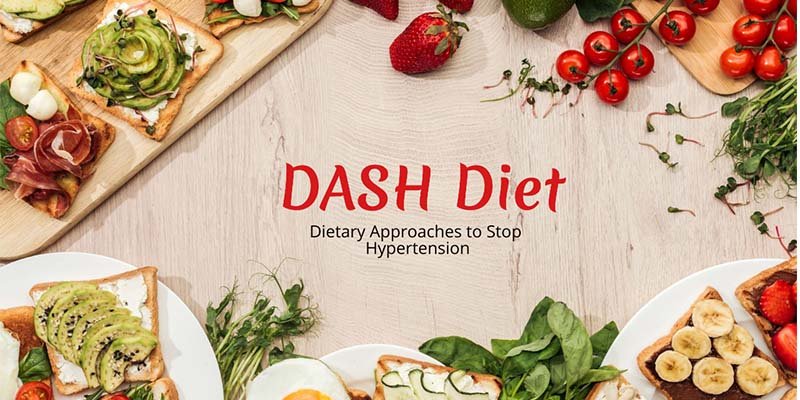

Diet: Vegetables, fruits, whole grains, beans, nuts, fat-free/low-fat dairy products, poultry, and fish. Choose food that is rich in potassium, calcium, magnesium, fiber, and protein.
Sodium: Only 2,300 mg a day or 1 tsp of table salt
Health Benefits:
• A low sodium diet reduces blood pressure
• Calcium improves bone strength and prevents osteoporosis
• Improves cardiovascular health
• Reduces uric acid level and risk of gout
- Anti-Inflammatory Diet
While inflammation is good for health as it helps fight illness but chronic inflammation can cause risks like rheumatoid arthritis, asthma, and psoriasis. But it can be controlled with dietary changes.
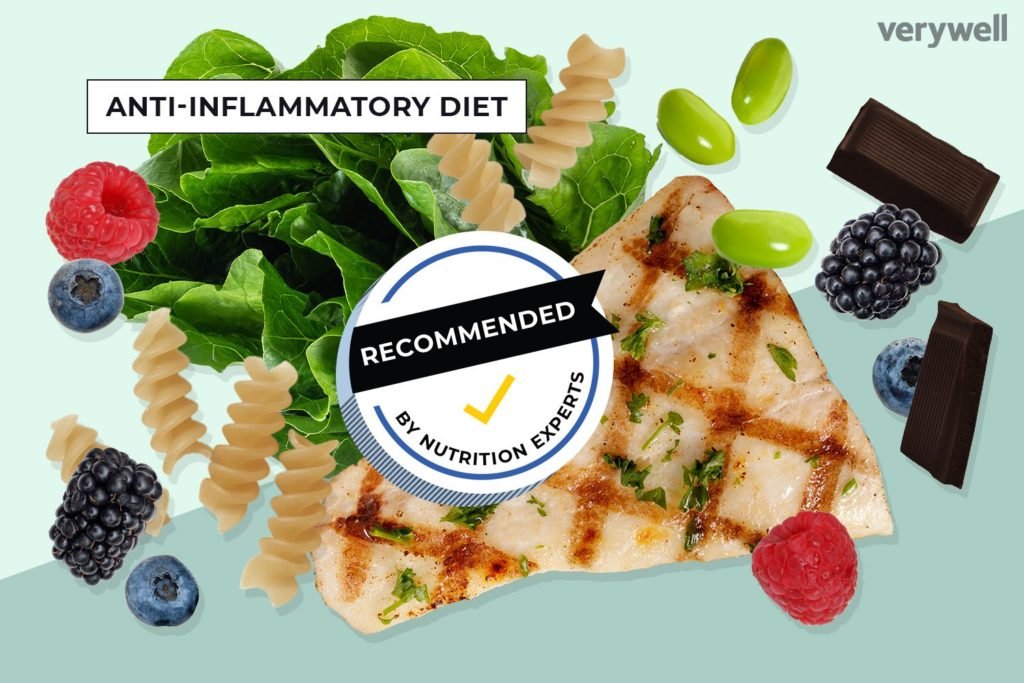

Diet: Vegetables, fruits, nuts, organic meat, olive oil, avocado, and coconut oil. Avoid processed foods, refined sugar, soy, gluten, and traditional animal products.
Health Benefits:
• Boosts cardiovascular health
• Controls autoimmune disorders
• Reduces risk of Alzheimer’s disease
• Prevents the development of diabetes
• Reduces pulmonary disease
• Cures epilepsy
- MIND Diet
MIND Diet is Mediterranean-DASH Intervention for Neurodegenerative Delay. A combination of Mediterranean and DASH diets creates a dietary pattern that prevents loss of brain function and associated risks like dementia.
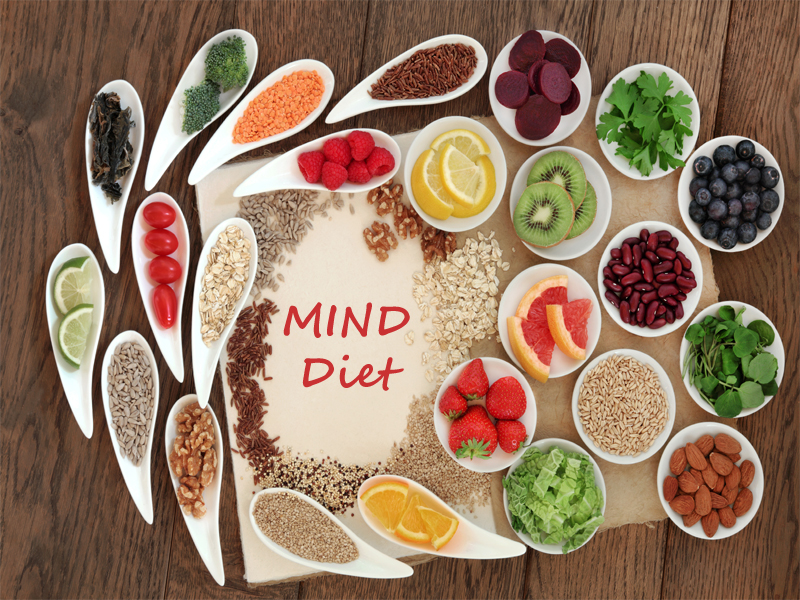

Diet: Green leafy vegetables, berries, nuts, olive oil, whole grains, fish, beans, and poultry. Wine can be added to drinks but no more than one glass a day.
Health Benefits:
• Improves brain function
• Boosts cardiovascular health
• Prevents diabetes
• Reduces inflammation
• Aids in weight loss
• Control depression
• Reduces risk of Parkinson’s disease
- Vegan Diet
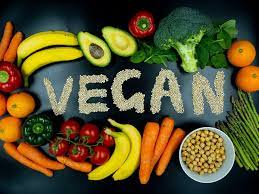

Vegan is more a lifestyle than a diet. And this diet is becoming more and more popular due to its environment-friendly contents. It includes the exclusion of all animal products and by-products like meat, eggs, and dairy.
Diet: Vegetables, fruits, legumes like peas, beans, and lentils, nuts and seeds, rice, pasta, bread, vegetable oils, and soymilk, coconut milk, and almond milk as a dairy alternative.
Health Benefits:
• Improved cardiovascular health
• Reduces cholesterol
• Controls blood pressure
• Prevents diabetes
- High-Protein Diet
Protein is incredibly important for a healthy body and mind. And a High-Protein Diet is an assurance that you get the right amount of protein every day. This diet is beneficial for all especially athletes and those who lead an active life.
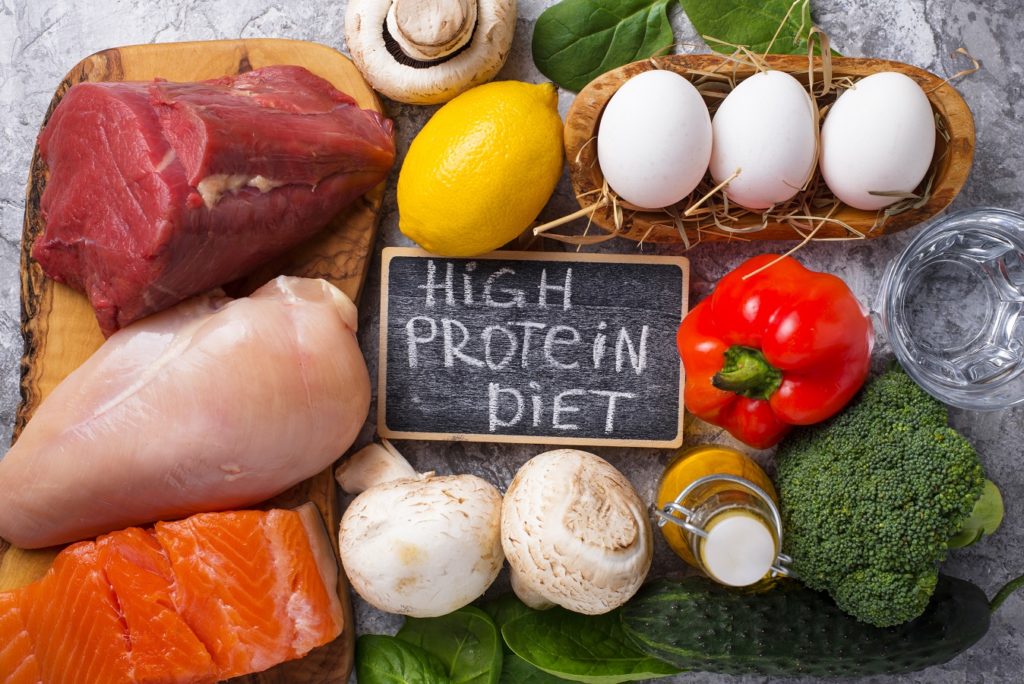

Diet: Vegetables, fruits, grains like farro, quinoa, and teff, soy-based proteins, nuts, seeds, meat, eggs, poultry, and other dairy products.
Health Benefits:
• Repairs and maintains muscles, bones, skin, and hair
• Reduces appetite and gives a feeling of fulness
• Boosts metabolic rate
• Increase muscle mass
• Reduces muscles loss due to aging
• Strengthens bones
• Improves wound healing
Conclusion
Depending on your needs and overall medical health, you can choose a diet type to stay healthy. Changing a diet can bring positive changes in your health and sometimes these changes could be quick but you need to give your body some time to adjust to a new diet.
Disclaimer: Consult your dietician before choosing a diet and changing your diet could adversely affect your health.



